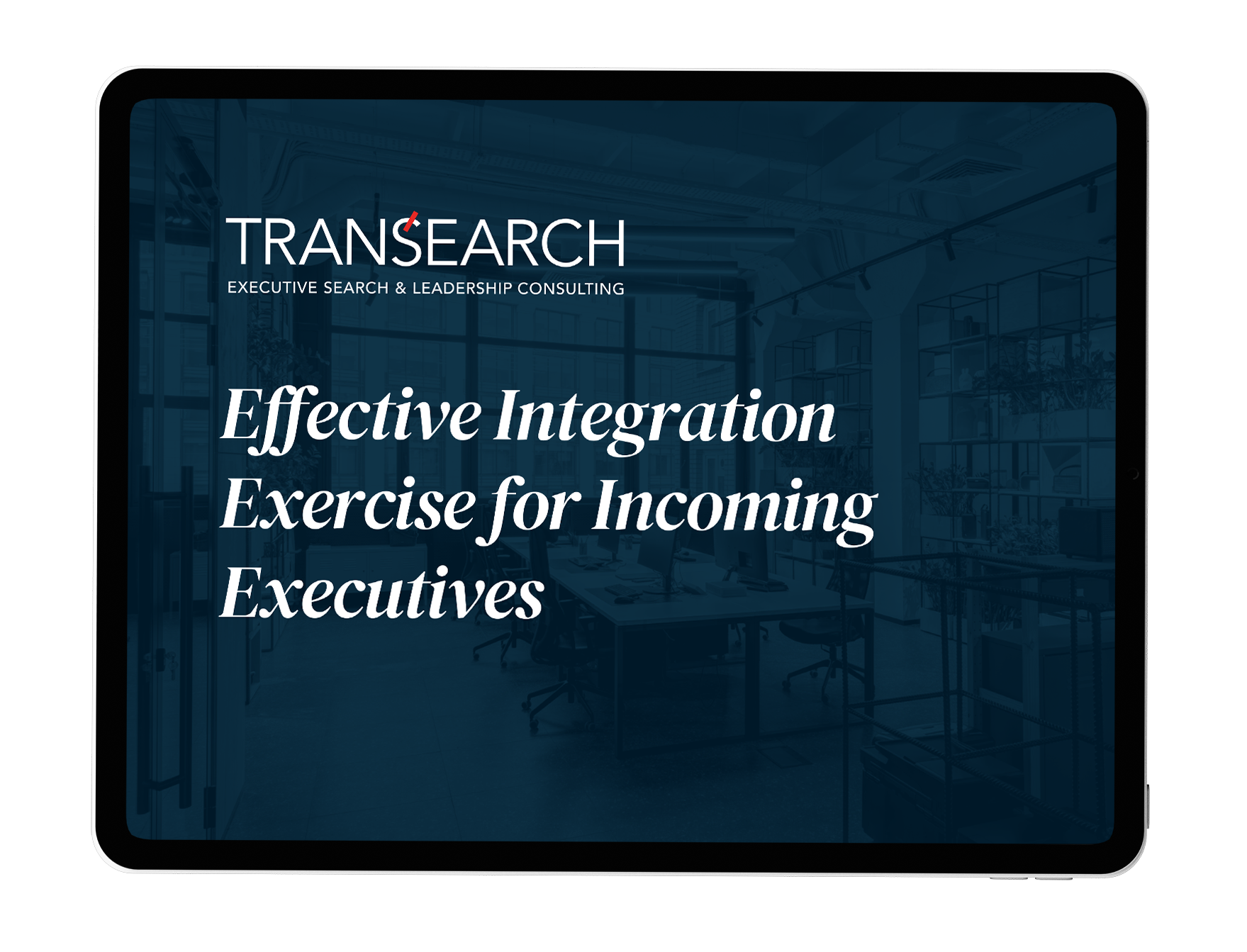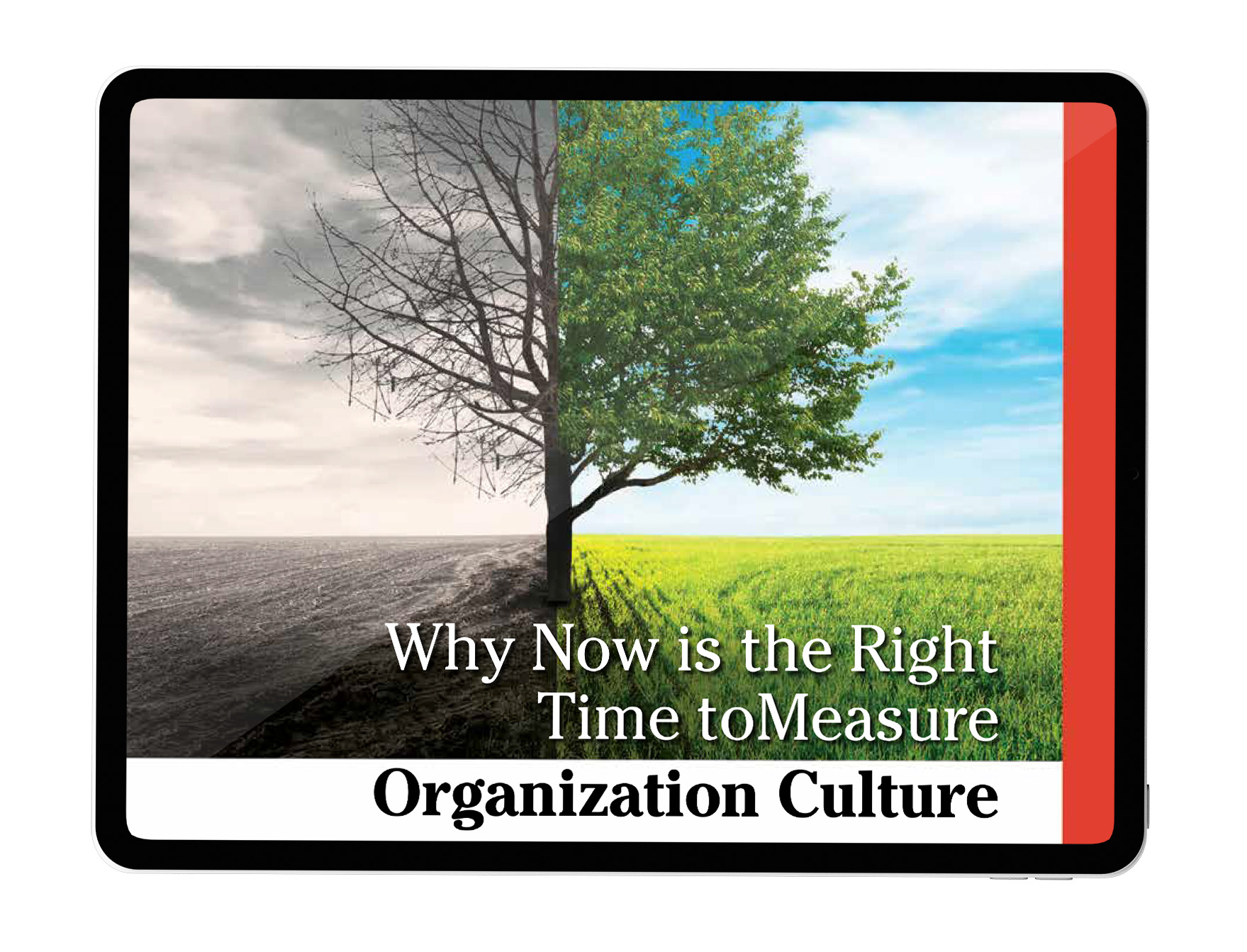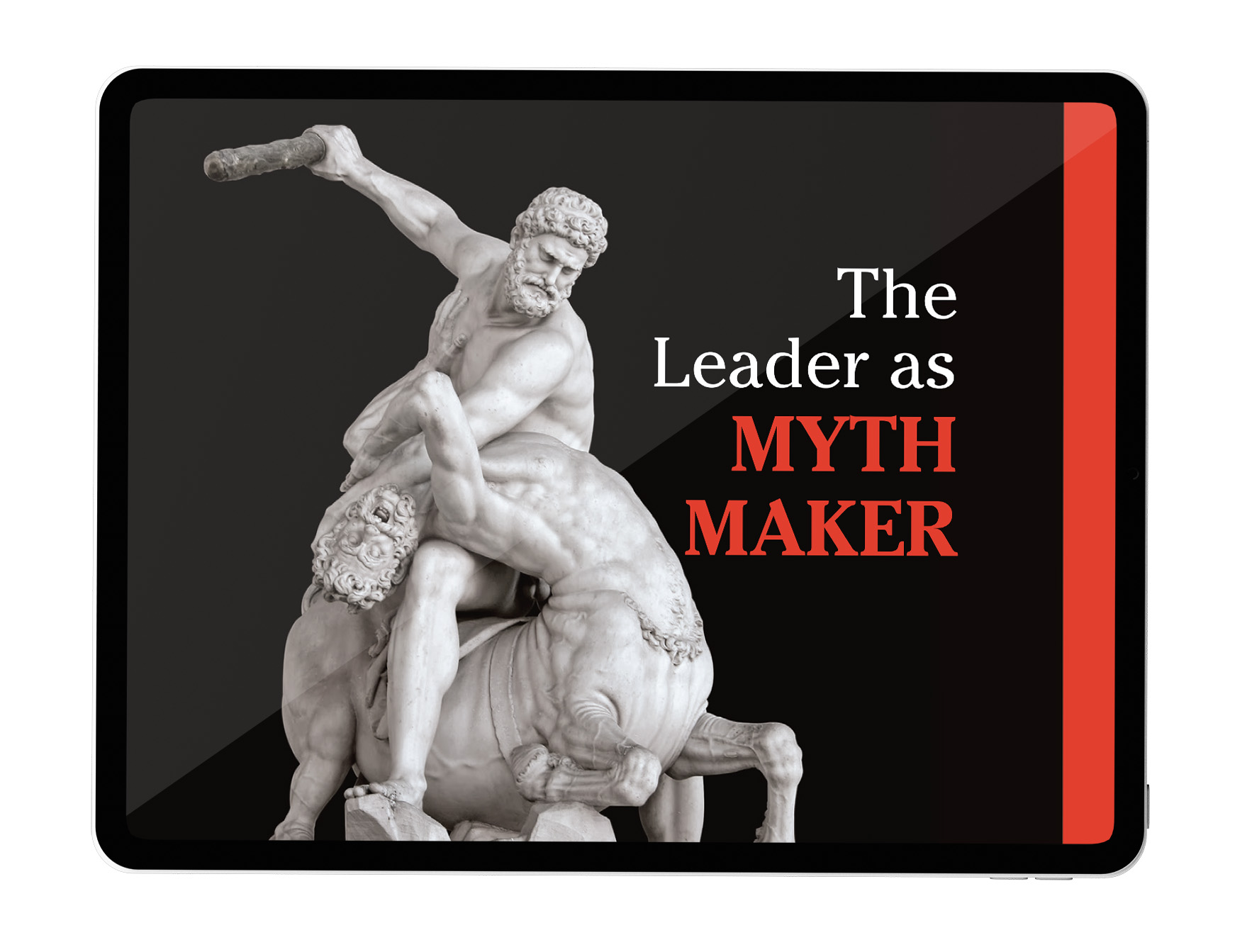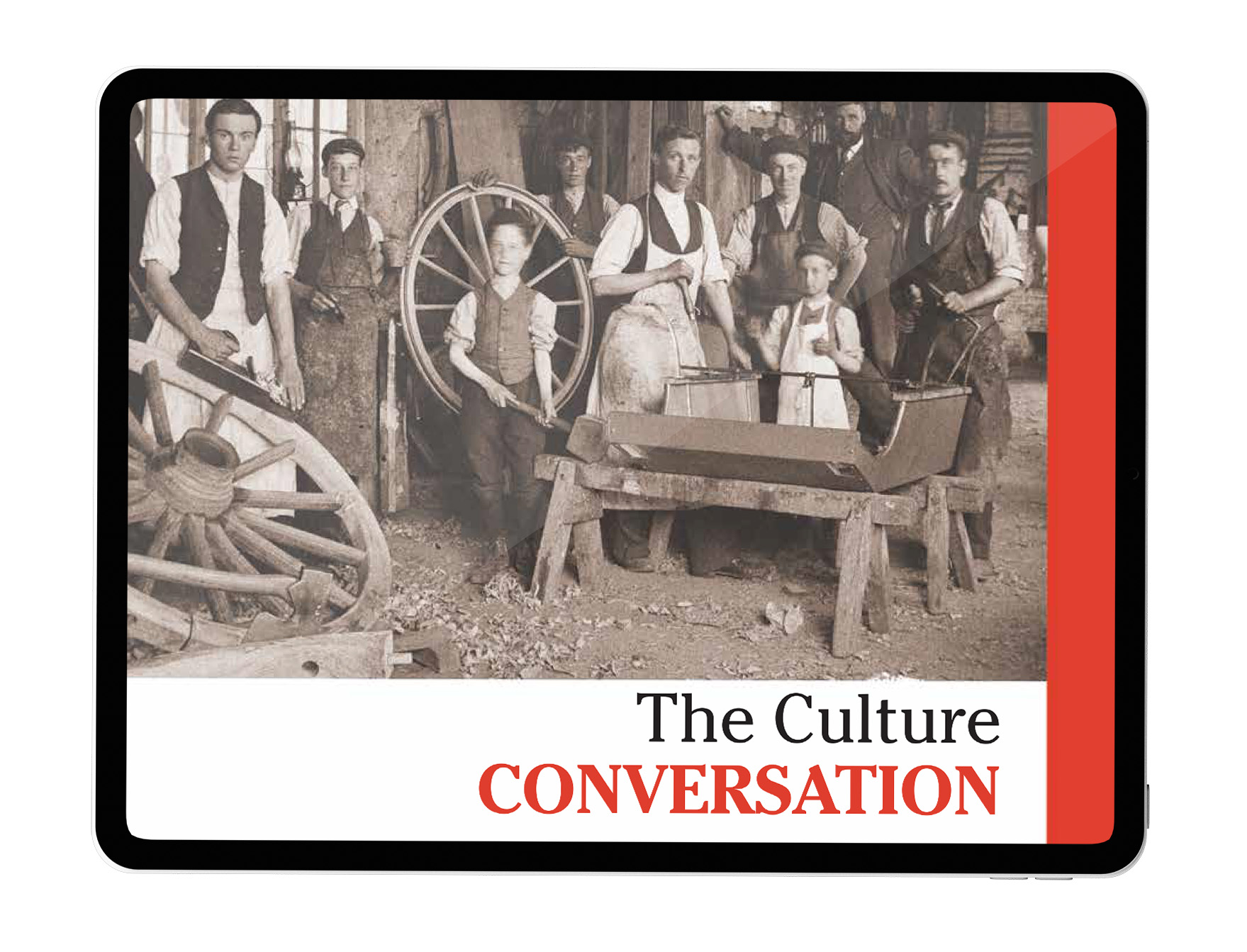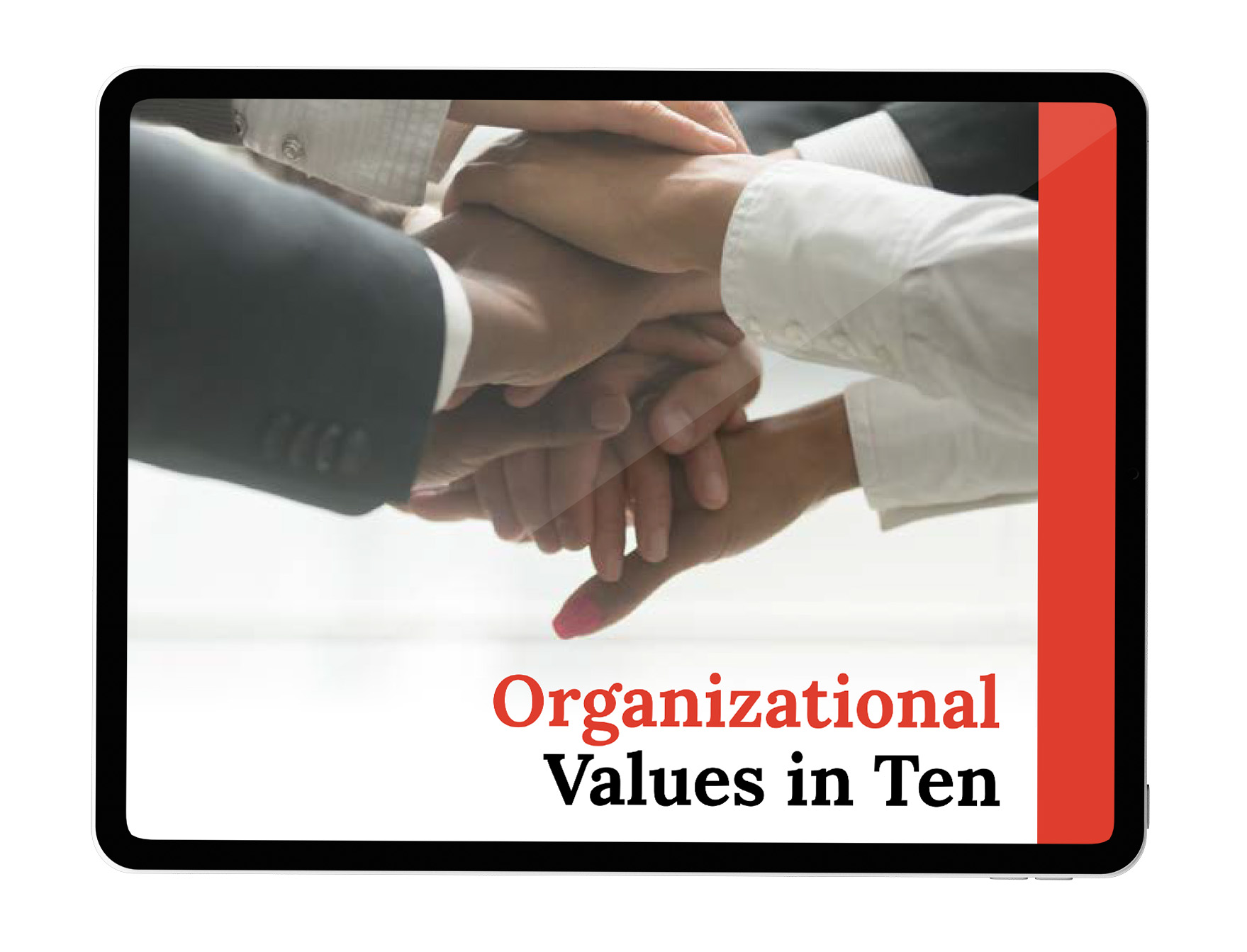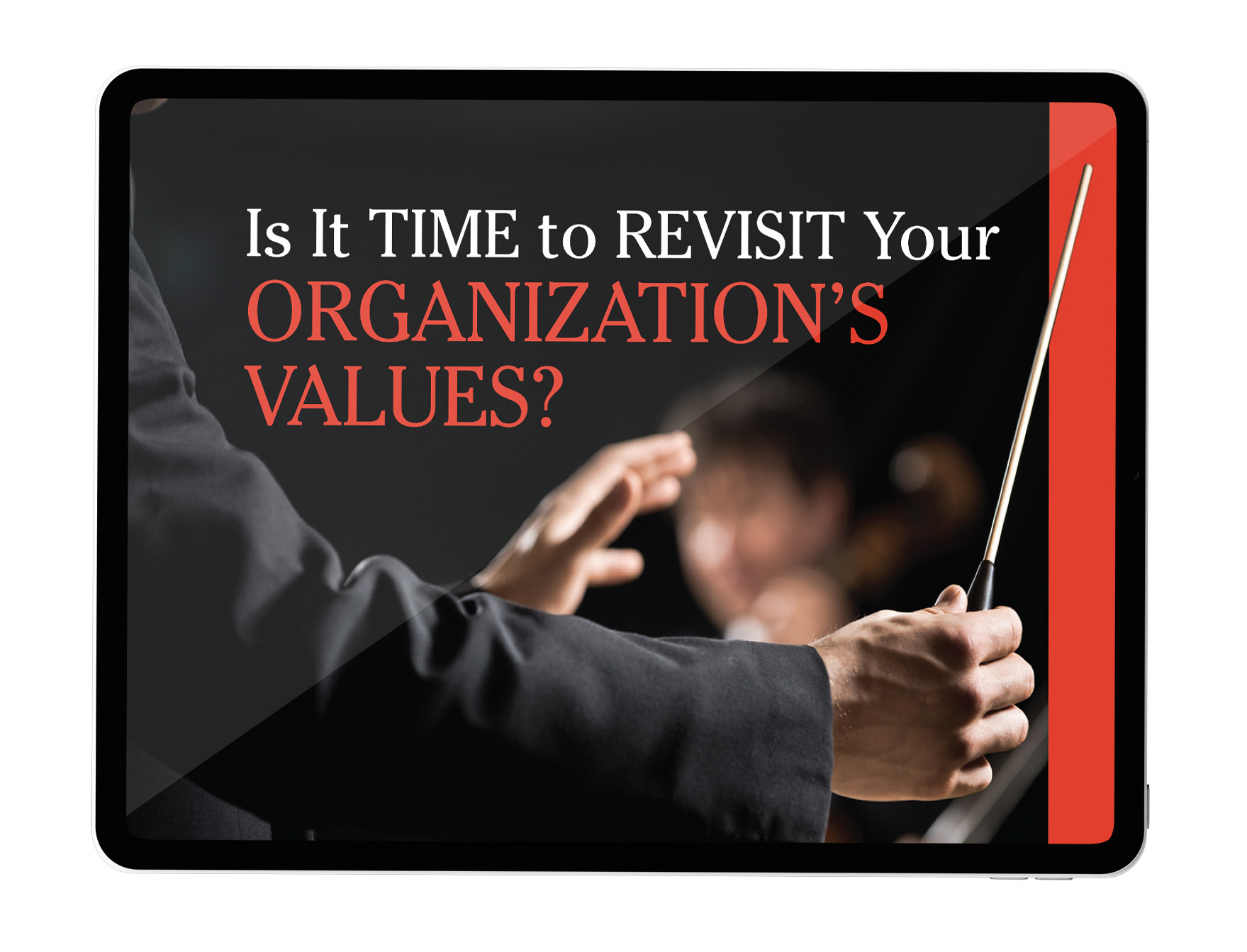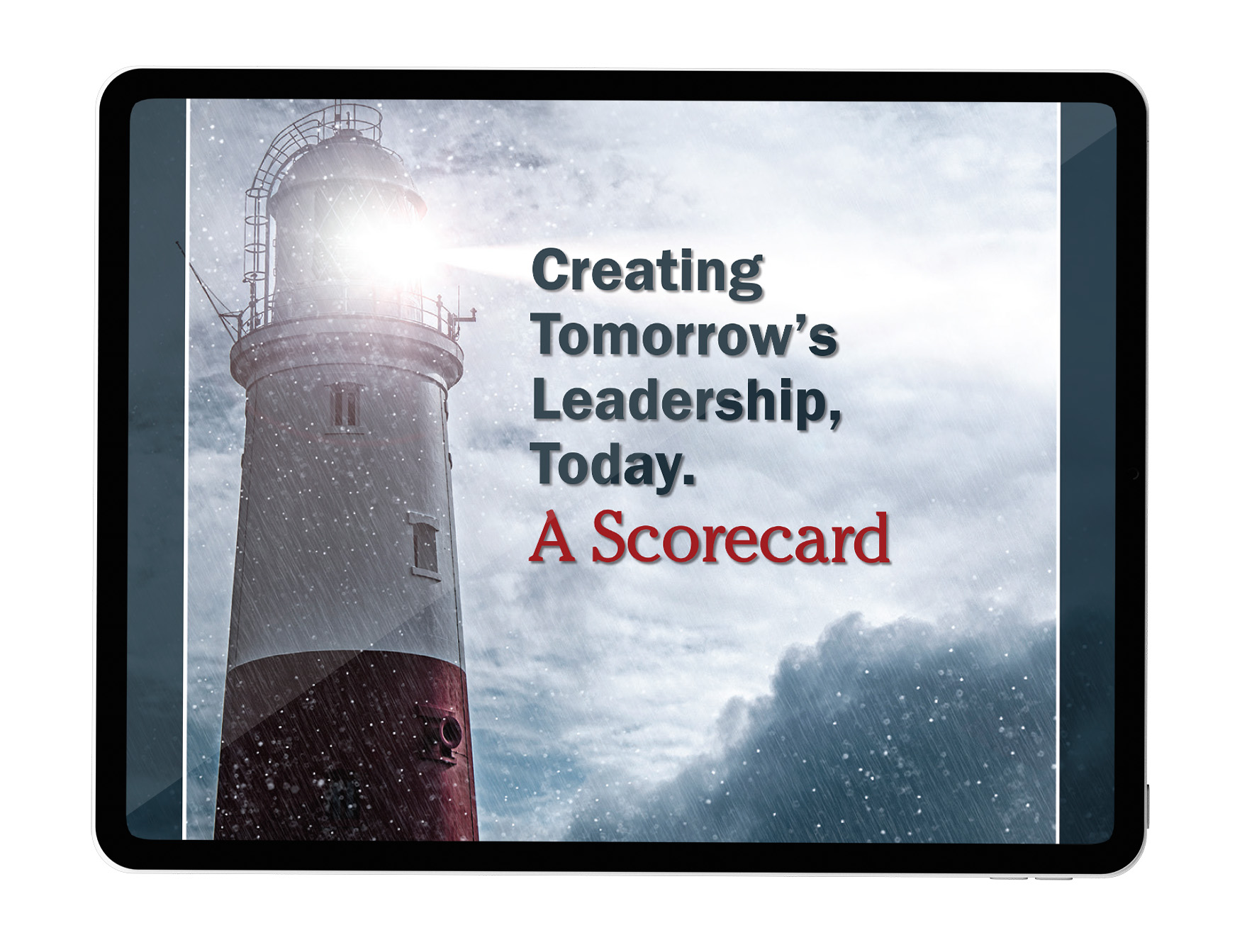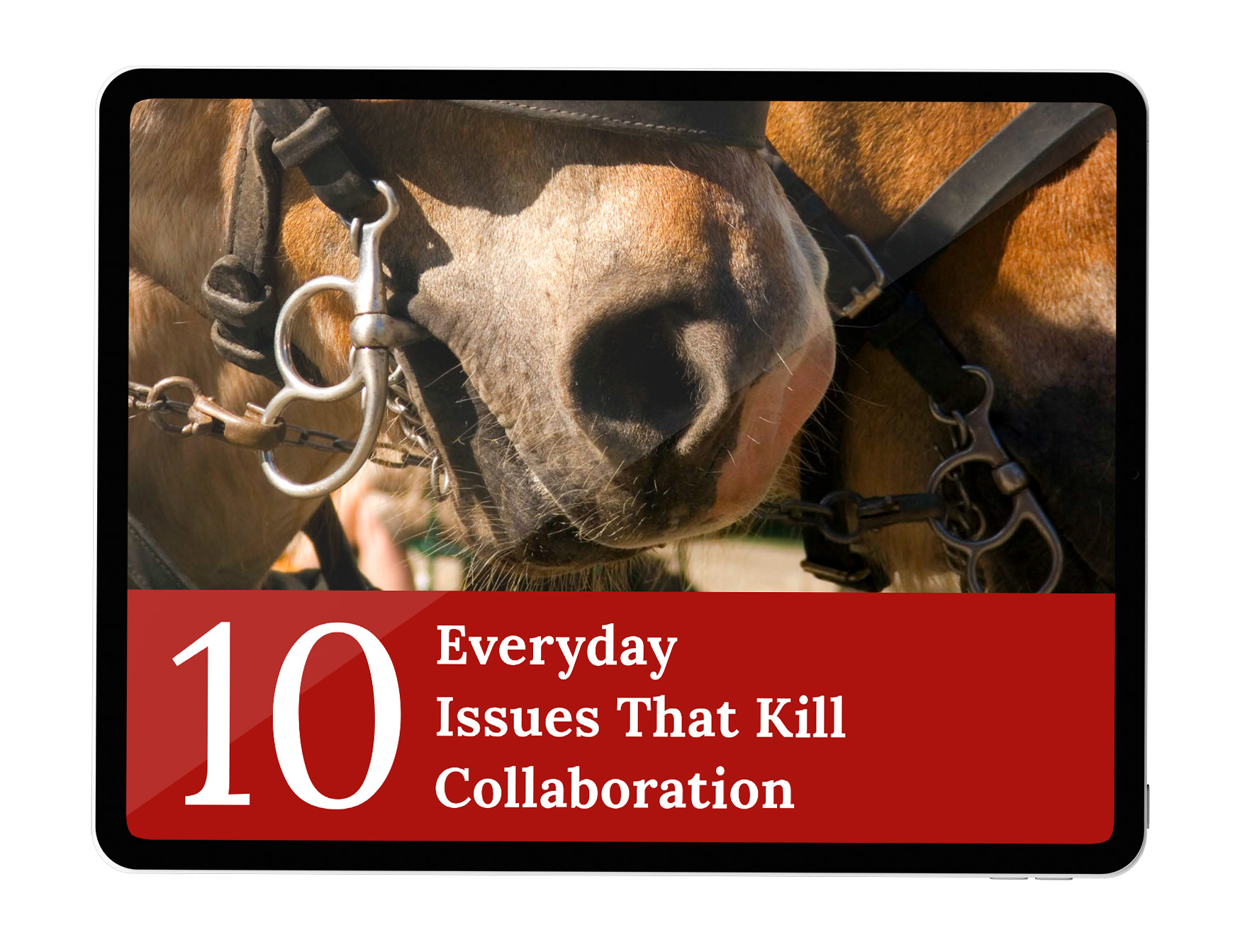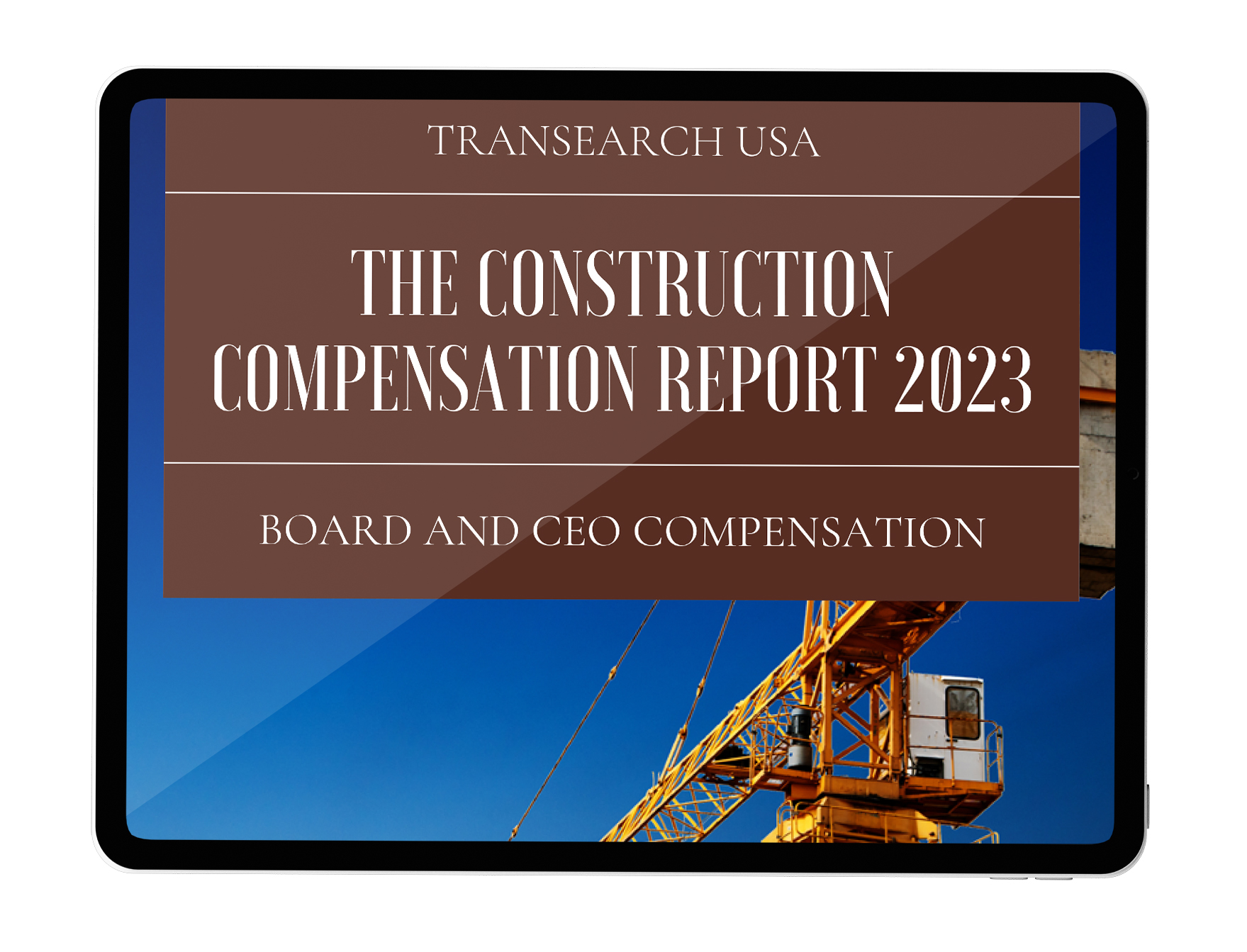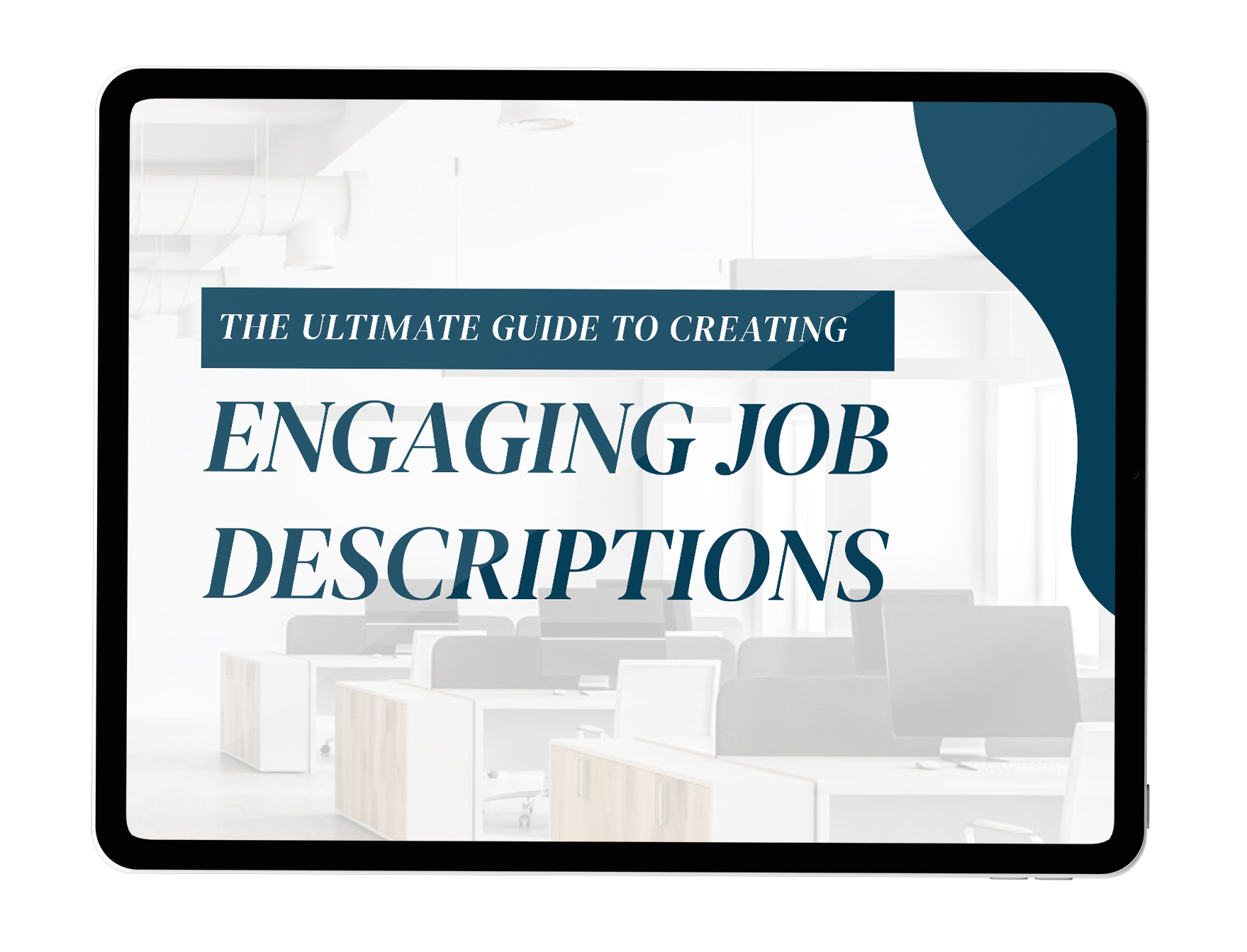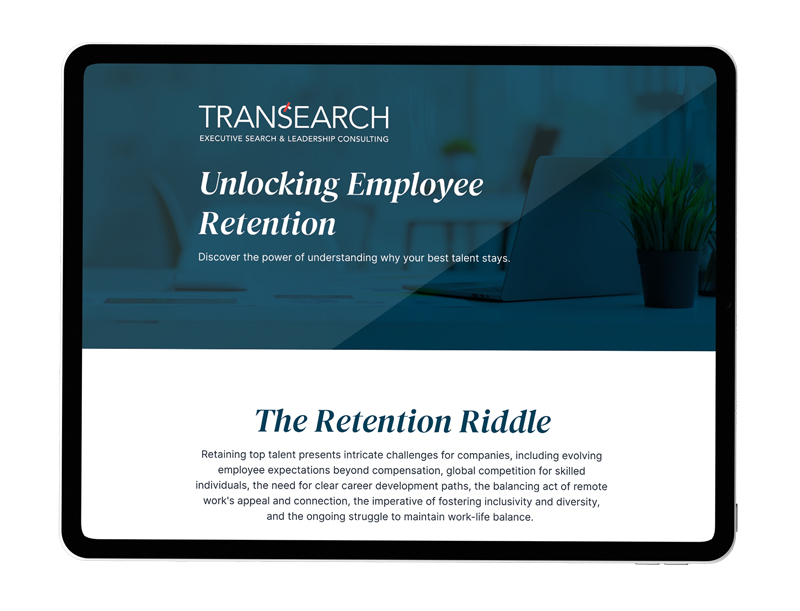Employees have recently relished the upper hand in negotiating job offers.
High inflation and a labor shortage have armed workers with, “a lot more bargaining power than they have traditionally had,” noted Linda Babcock, an economics professor at Carnegie Mellon University.
But the upward trend is starting to decelerate.
“The debate about wage growth is over: It is coming down,” said Nick Bunker, head of economic research at Indeed Hiring Lab, in a recent interview with CNN Business. “Wages and salaries are losing momentum.”
Indeed, the Labor Department’s latest report on how much employers are paying people found wages rose only 1% in the fourth quarter, noticeably lower than increases in the second and third quarters.
With these figures in mind, employees would be well advised to sharpen their negotiation skills. To help you navigate the negotiation landscape, we are pleased to provide key advice and useful tips.
Do Your Homework
Nothing beats being prepared. We encourage you to research the market and determine common salary ranges for your role, factoring in comparable experience and skillsets in your sector. You can glean this data from job sites such as Payscale and LinkedIn, as well as from recruiters who are familiar with your industry and prospective employer.
Your homework should also include direct conversations with people in the know. In an interview with Harvard Business Review, Fotini Iconomopolous, a negotiation coach and author of Say Less, Get More, advises that “prior to going into the negotiation, try to get advice from a diverse group of professionals…If you are a woman, don’t only seek advice from other women about salary ranges. You want to learn what various people are making to avoid further widening the gender pay gap.”
Show Your Worth
It’s imperative to understand the value you bring to the table and to demonstrate it during the negotiation process. Highlight your accomplishments, with concrete examples of your skills and experience in action. If you possess specialized talent that differentiates you, discuss it with confidence, tact, and poise.
Here’s an example of how such a conversation could play out.
“In previous positions, I led my team in doubling the YOY revenue of my department, launching a successful new marketing campaign, and signing on over 100 new clients.”
There’s a fine line between sounding self-assured and being arrogant. Still, as long you build your case in a way that is not boastful, you’ll appropriately illustrate the compensation you’re seeking is commensurate.
Understand Total Compensation
Remember that a job offer is not just about salary.
“Many people focus on base salary and underestimate the value of total compensation,” reveals Johnny C. Taylor, President and CEO of the Society for Human Resource Management (SHRM).
“Closely examine the details of the benefits package to access its true value to you.” To that end, be sure to talk about 401(k) contributions, signing and/or performance bonuses, equity/stock options if applicable, vacation, and paid time off.
Working arrangements and growth opportunities should be discussed. Understand how the company operates in terms of flex/remote work, and if there is a hybrid or fully remote set-up, be prepared to negotiate for home office stipends, as well as reimbursements for phone and internet. It’s also important to talk about opportunities for professional development, promotions, and perks, such as on-site childcare, gym memberships, and free lunches.
Be Open and Honest
Honesty is paramount when negotiating. Be forthright regarding your compensation at other roles and transparent about how prospective pay aligns with skills and experience. How you negotiate provides a sneak preview of who you really are. If you’re dishonest, you could create a poor reputation before you even start. On the flip side, being truthful and open will showcase this highly respected character trait.
Avoid Confrontation
While there is potential for negotiations to be challenging and uncomfortable, your future employer is not your adversary. You must remain positive and professional and avoid confrontation. For example, let’s say the offer comes in lower than what you anticipated. Here are some pointers on how to begin negotiation.
“I’m very excited about the position and know that I’d be the right fit for the team. I’m also excited about your offer and knowing that I’ll bring a lot of value to the table based on my experience, I’m wondering if we can explore a slightly higher starting salary…. My market research showed… the industry average for this area, and I’m confident you’ll be thrilled with how much I can contribute to the team.”
If you know an adversarial interaction is likely, choosing to work with a recruiter, especially if you’re an executive, is a viable option, as they often look after the nuts and bolts of the offer in advance. “Recruiters will often try to get the best possible deal for everyone involved… without creating undue tension.”
Know When To Wrap It Up
Protracted negotiations can be frustrating for both you and the company. As Taylor of SHRM advises, “Don’t drag on the negotiation too long. Depending on the situation, countering two times is the most I would recommend.” After that, if most or all of your negotiating goals have been met, wrap things up and put everything discussed in writing. Organizations these days are eager to bring skilled talent on board quickly. If the fit, culture and compensation match your expectations, you will also likely be inclined to kickstart your new professional journey.





















